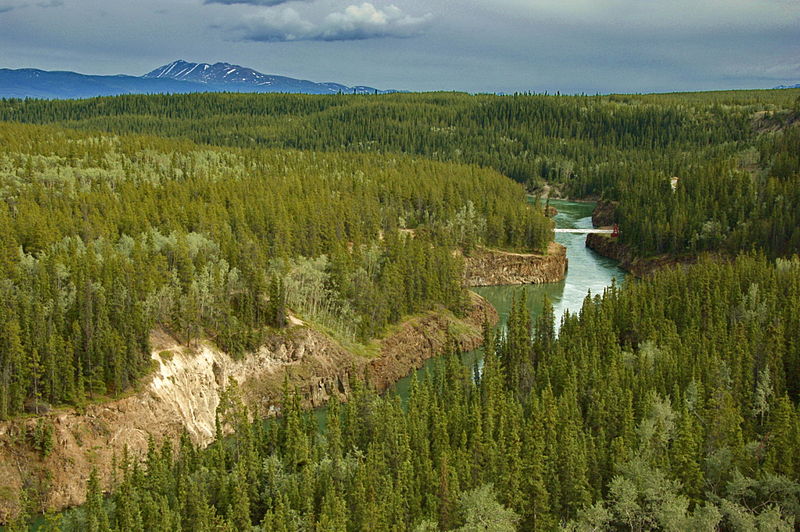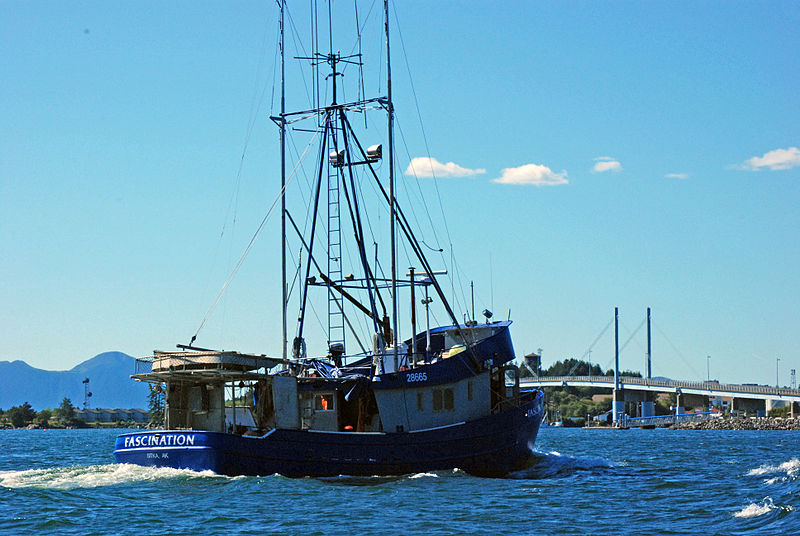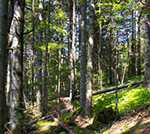PERC has made freemarket environmentalism a mainstream discussion in the United States. Below are some of PERC’s most popular FME publications, produced to help spread the word and educate the general population on how FME is practical and offers up simple solutions.
 |
Eight Great Myths of Recycling Recycling has always been one way of dealing with waste products. Aroused by fear of a garbage crisis, Americans lost their sense of perspective on rubbish. Eight Great Myths of Recycling exposes the errors and falsehoods underlying the rhetoric—and clarifies the appropriate role of recycling, based on history and market relationships. |
 |
Charter Forests: A New Management Approach for National Forests Innovation drives successful management, but when it comes to public land management, innovation is often lacking. National forests are frequently characterized by gridlock and dysfunction, or as several former agency directors put it, the United States. Forest Service suffers from “analysis paralysis,” resulting from a “Gordian knot” of laws and litigation. Robert Nelson of the University of Maryland puts forth an alternative approach to national forest management, with the creation of “charter forests.” Much like charter schools, the key principle of charter forests is freedom with accountability. |
 |
7 Myths about Green Jobs Pouring resources into green jobs that allegedly are environmentally friendly and productive is supported by unions, environmental groups, and politicians. This Policy Series is a summary of a larger study analyzing green jobs claims made by various special interest groups, and the authors find the claims are based on myths. The authors discuss the economic defects in the green jobs proposals and show that not only is the price tag of the programs unjustified, but that the costly implications to society could be even greater. |
 |
Creating Marine Assets: Property Rights in Ocean Fisheries To prevent destruction of sustainable stocks of marine life, there must be limits on the thousands of boats vying for the harvest. Governments have imposed a host of regulations, but such controls have had little or no success. The race has become one of ever-fancier technology that lets the swiftest capture the fish. The race is wasteful, and the results are hazardous to the environment as well as those involved in the catch. Robert Deacon considers how economic incentives can solve this problem. |
 |
Trading Forest Carbon: A Panacea or Pipe Dream to Address Climate Change? Irrespective of the uncertainties surrounding the causes of climate change, the United States is poised to join the rest of the developed world in a fight against rising carbon dioxide levels. In this Policy Series, PERC research fellow Brandon Scarborough takes a detailed look at the efficacy of employing forests and markets for sequestered carbon in the U.S. to address rising CO2 levels. This publication provides a thorough explanation of the forest carbon cycle and the mechanics of emission markets, while exposing many of the often overlooked pitfalls of commodifying forest carbon. |
 |
Unlocking the Wealth of Indian Nations The Crow Nation sits above one of the largest coal reserves in the U.S., an estimated 9 billion tons of coal lie beneath the tribe’s reservation in southeastern Montana. Oil, natural gas, and various minerals are also found on the reservation, but it is coal that offers the greatest economic opportunity for the impoverished tribe. This Policy Perspective focuses on why tribes struggle to capitalize on their energy resources. |


